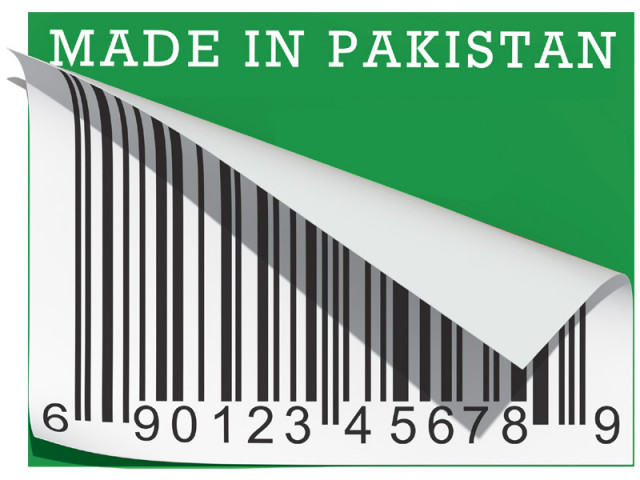Export business 101: a guide for small enterprises
Things to keep in mind to set up and sustain a successful export venture.

Export business 101: a guide for small enterprises
The purpose of this column is to create awareness among small and medium enterprises about certain essential factors that need to be kept in mind for aspirants who wish to enter the export business.
Understanding the export process
The export function is like a new division or a new business altogether, rather than an extension of the existing local business. To enter the export business, all the factors that constitute business need to be reviewed around target markets. These include specifications for: products and services, packaging, quality control, pricing, method of promotion, channels of distribution, mode and currency of payment, insurance, mode of transportation, price lists, brochures website. Truthfulness and honesty, and the critical significance of human interaction with customers from different cultures is also crucial to any successful venture.
A onetime sale to an international customer should not be the goal; an exporter should look for repeat orders. Only then the exporter will be motivated to factor in the above-mentioned guidelines seriously and perform effectively.
Developing an export business and gaining overseas customers is a continuing exercise. It is as important to follow up and remain in touch with the customer, as it is to find one in the beginning. The critical importance of the continuous nurturing of relationships is often underestimated.
Preparing export documents and fulfilling customs formalities is usually not problematic. The harder part is finding foreign customers and securing orders. Resources for finding potential customers include the internet, copies of invoices of other relevant exporters, trade associations, embassies, export promotion bureaus in the home country, and statistics available from Customs authorities.
Other useful resources available to exporters for determining their market, its size and compatibility are: customs forwarding agents, banks and export or trade associations. These can also provide guidance to would-be exporters on necessary documentation procedures, as well as estimates of freight, forwarding and related costs.
Key elements of a successful export business
The two most critical factors for success in the export business are quality of the product received by the customer and its delivery time. These two can make or break an export business. They are even more critical than the price factor, as it is often observed that overseas customers do not mind paying a little more if they can trust a supplier for consistent quality and on-time delivery.
Another very important element in the export business is the mode of payment adopted. Unlike domestic transactions, the most common and recommended method of obtaining payments for exported goods is a letter of credit. A letter of credit is a document which a buyer’s bank issues to the seller (on behalf of the buyer), guaranteeing payment if goods have been shipped according to the terms of contract by the seller. The letter of credit must be ‘irrevocable’, as a revocable one kills its utility.
Identification of pitfalls
Since an exporter deals with customers from other countries, they may not appreciate problems like strikes, electricity breakdowns, elections etc.; neither should we expect them to. Therefore, a good businessman should plan, commit and calculate on realistic assumptions while allowing for such contingencies.
The writer writes on socioeconomics and has a background in trading and exports in the private sector.
Published in The Express Tribune, March 12th, 2012.



















COMMENTS
Comments are moderated and generally will be posted if they are on-topic and not abusive.
For more information, please see our Comments FAQ